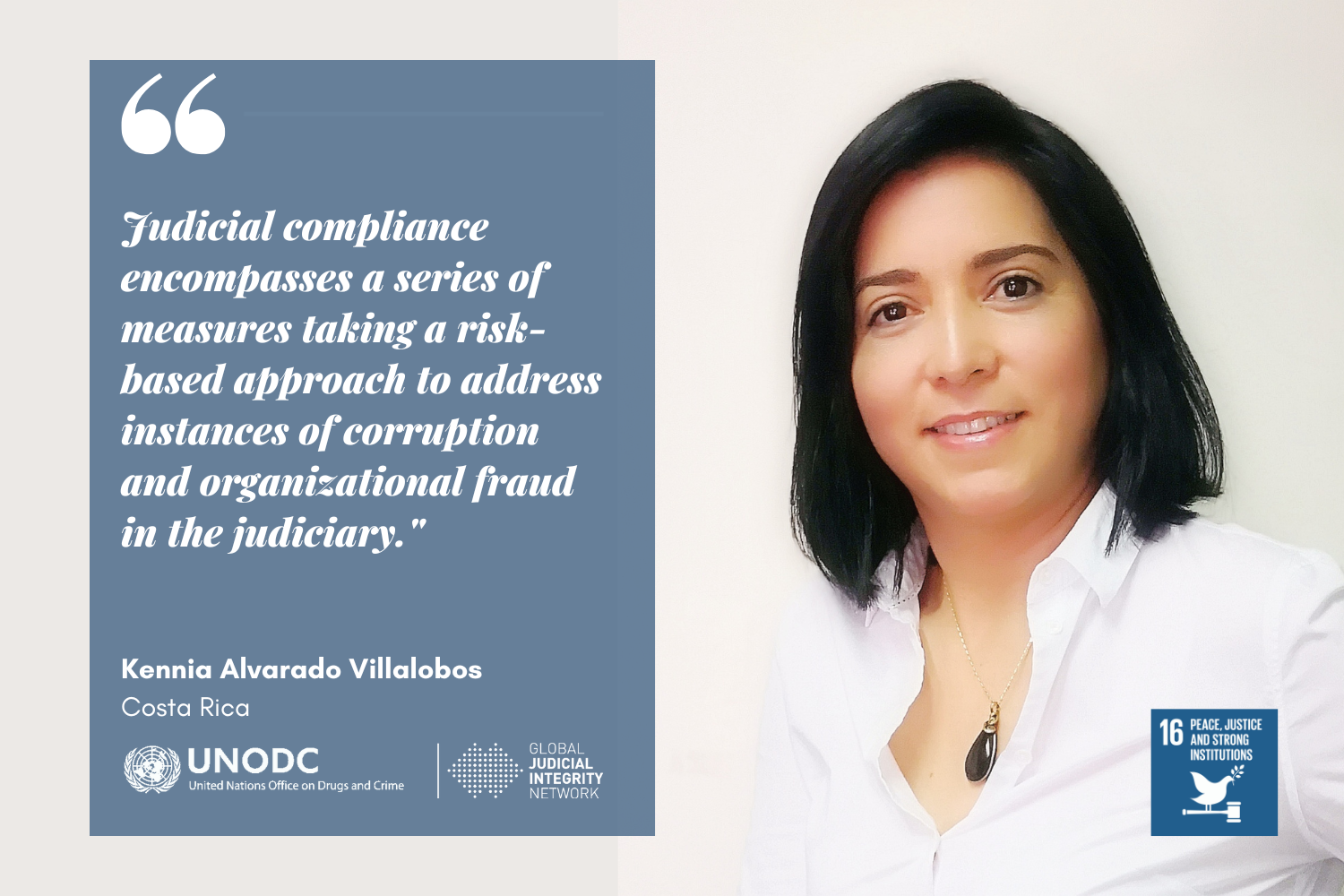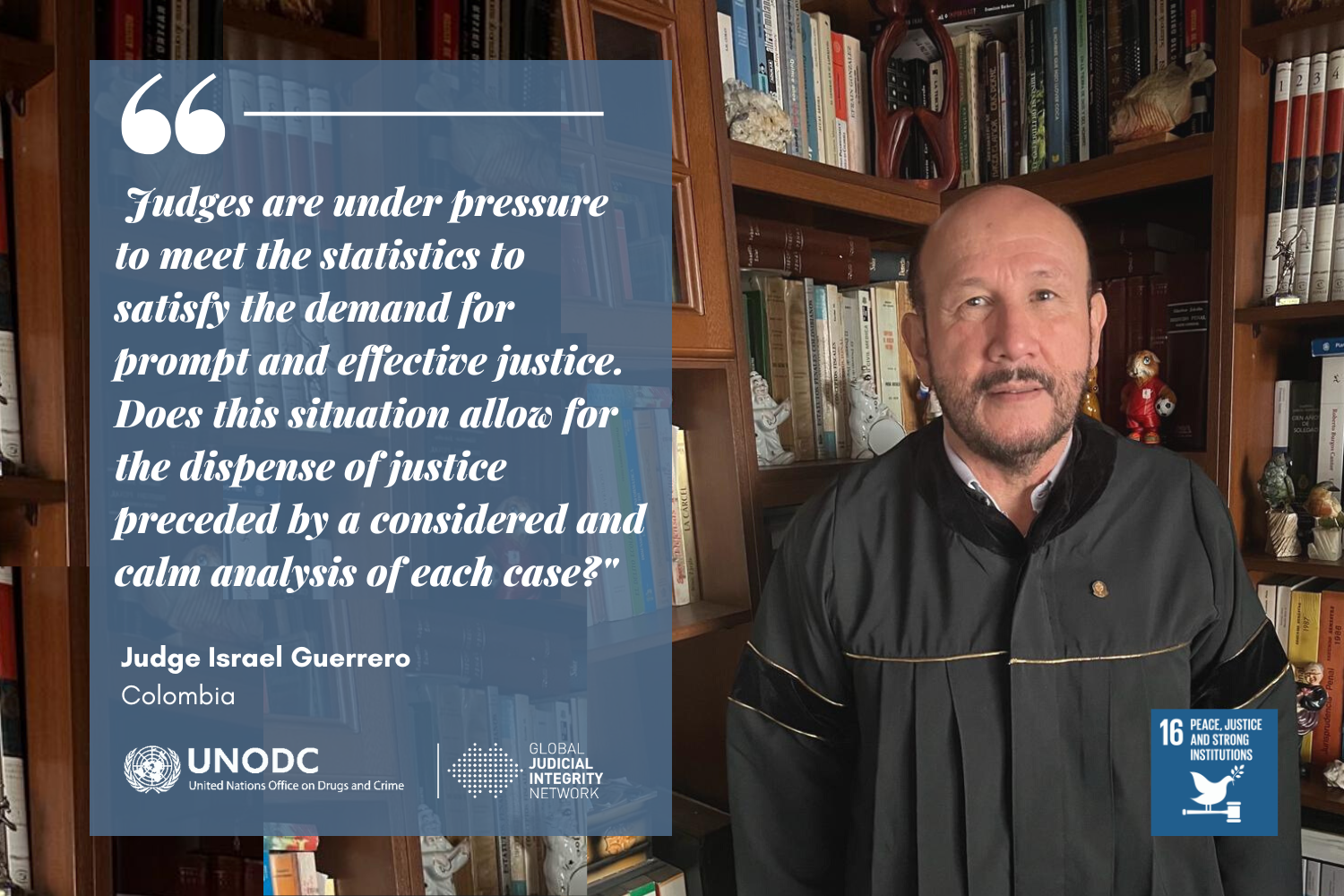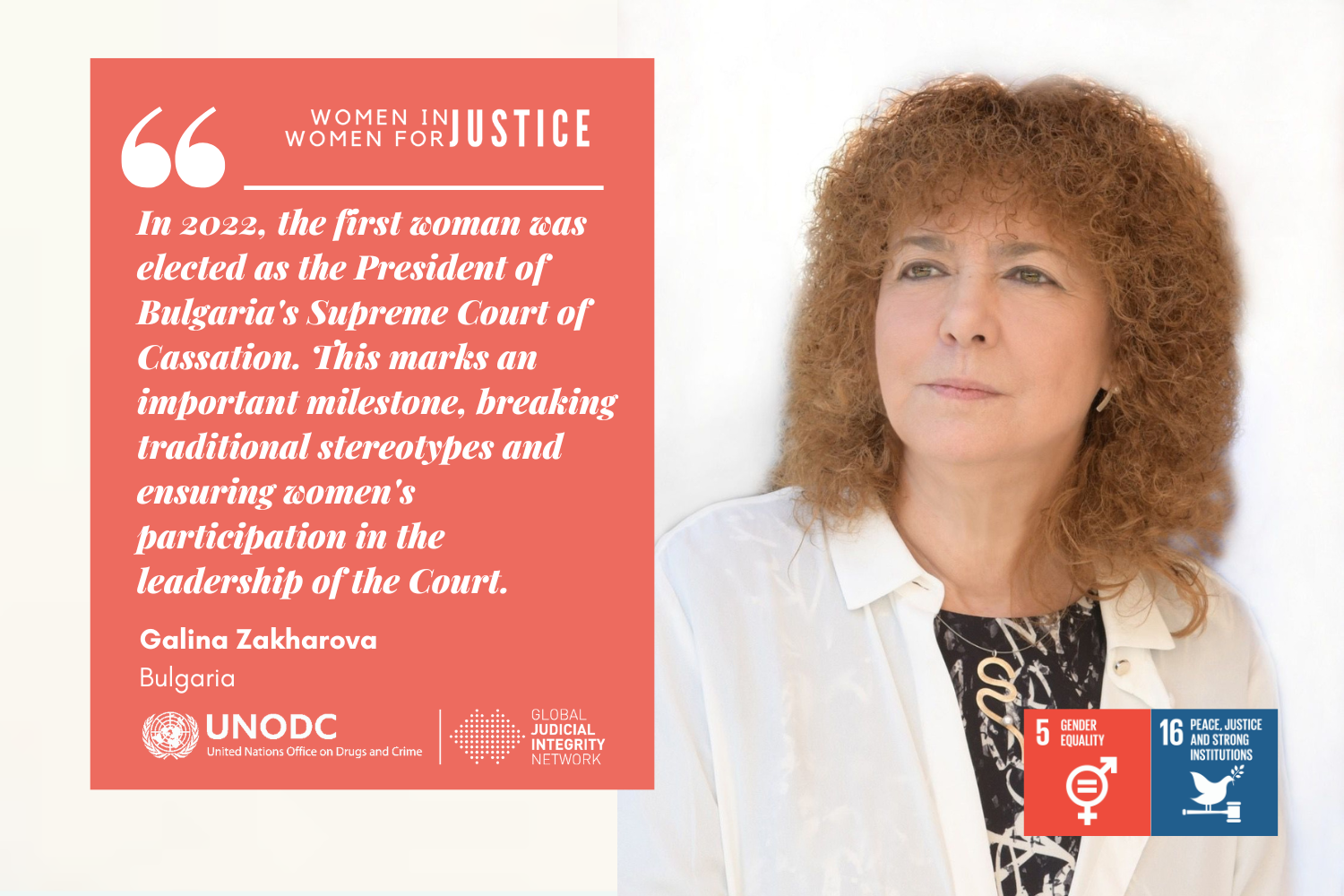Women judges and women judicial leaders play an irreplaceable role in modern judiciary
Judge Ivana Hrdlickova currently serves as President of the Special Tribunal for Lebanon. She previously worked as a Judge of the Tribunal’s Appeals Chamber. She also has extensive previous professional experience as a judge in the judiciary of Czechia, having presided over both civil and criminal cases.
______________________________
The International Women’s Day has been celebrated on 8 March for many years as an important reminder that we need equality in all the areas of life and that women play and must play an irreplaceable role in that. Do we still need such a reminder? Yes, we absolutely do. It is because we can see that women at many places in the world, still do not possess equality and even worse, at some places women still do not possess basic rights. In addition to that, the world needs a balance and equal participation of women is simply essential to that.
In judiciary, women play a very special role. It is not about the equality only, it goes beyond that. In all judiciaries, at national and international courts, judges interpret the law, they decide about others. To be a good judge, it is never sufficient enough to know the law well. In fact, excellent knowledge of the law is an obvious prerequisite for a solid judicial performance. However, we judges should be endowed with something else as well, something that we call a sense for justice, a sense for fairness. We all may define this sense in a slightly different way. Understanding this sense reflects our education, our career and life experience. It also reflects our female and male perspective. It is one of the most important features that brings an essential balance to the judicial decision-making processes.
The International Day of Women Judges became an innovative novelty in addition to the International Women’s Day. I have personally been deeply touched by this excellent idea and the United Nations General Assembly Resolution. It sends a powerful message to the world, to all women judges that their work matters and is irreplaceable, to all male judges that the judiciary, both national and international, is not a male dominated field anymore. It is a message to all young girls and women that women judges are intensely needed to enrich the judicial field with women’s sense for justice and fairness, in addition to the legal knowledge.
I have been serving as a judge for more than twenty-five years, both nationally and internationally. I have been serving as President and presiding judge of the appeals chamber of one of the hybrid international criminal courts for eight years. As my mandate is coming to the completion, I fully realize how pivotal it is to share transferable knowledge and experience of managing a judicial institution with others. The gender perspective plays a highly significant role in this process.
I have put together “lessons identified” as transferable knowledge and experience from the tribunal’s work, from both judicial and administrative perspectives. One of the essential lessons is that it is equally important for a successful organization to have solid rules and to hire the right people for specific jobs. Furthermore, there is something additional in this lesson. It is a gender perspective. Hiring qualified women professionals is absolutely necessary to achieve a proper balance, to empower a bench but also the administration with that desired balance. I think that many of us agree with that. But from my own professional experience as a leader of a tribunal and presiding judge of its appeals chamber, I can witness many practical examples of the crucial importance of having women judges and leaders within judiciaries.
Are there any challenges for women in the judiciary and for women leaders in the judiciary? Frankly, there are many. I can see that there is still a stigma in the judiciary as a historically male dominated field. What can help to change it? I strongly believe in the power of bringing people together. Bringing women judges together, bringing men judges that support women together and bringing youth together in order to build and support a strong platform to empower a proper balance, to have enough women judges and women judicial leaders.
I would like to express my deepest gratitude to the Global Judicial Integrity Network for bringing us together and creating such a platform. Let’s pursue the milestones further. We have already achieved a lot and we can do much more if we work together. As Ruth Bader Ginsburg, a woman judge that certainly inspired many of us, said: “Fight for the things that you care about, but do it in a way that will lead others to join you”.


